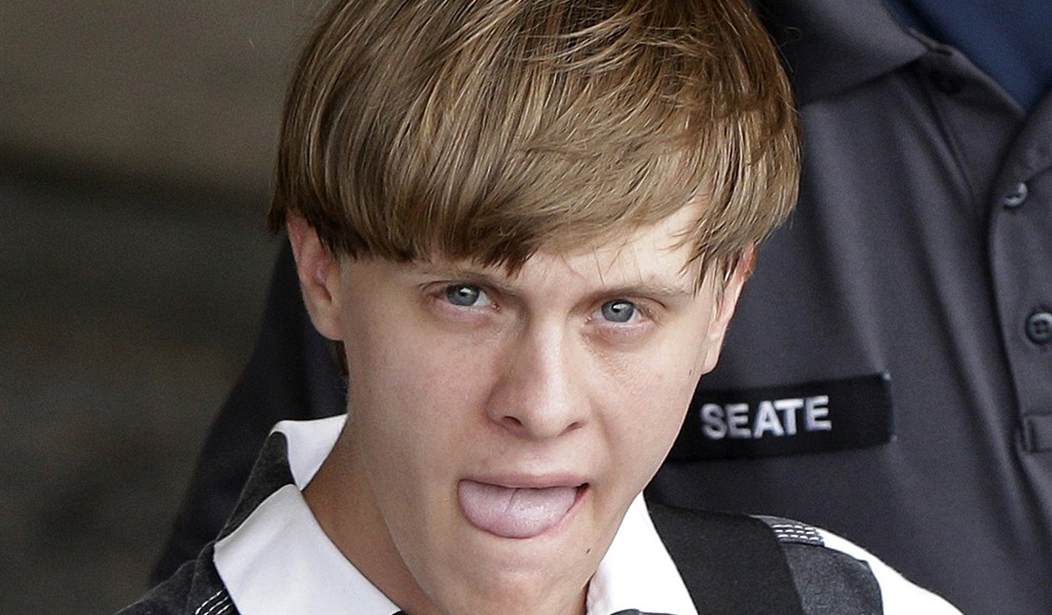These are the concluding sentiments of mass murderer and racial terrorist Dylan Roof, as expressed in his now infamous "manifesto." This young man was clearly full of bitterness and anger at a nation that had, in his warped view, gone terribly wrong. His solution was to commit an act of brutality so jarring and so provocative that it would incite bitterness, anger, and violence in others. His ultimate goal? A race war.
In the face of such hatred, it's almost inconceivable that the survivors of Roof's rampage – in this case, the families of those slain – could react with anything but wrathful anger. The country certainly would have understood. But they didn't. In the face of withering evil, the families offered forgiveness. To the man whose goal was to elicit violence, they offered a peace that passes all understanding.
This is what the Gospel in action looks like. Only through the power of God could such a response be possible. For all his Wikipedia "research" and his self-professed expertise in American history, Roof neglected to take into account the power of faith. You could see the creeping shame on his face as he listened to family member after family member express their forgiveness. All the power that Roof felt when he pulled the trigger, telling himself that he was executing a grand moral act on behalf of the white race, drained away and all that remained was a broken little man in leg irons.
Recommended
Because of this response, America is experiencing a rare moment of unity, of reconciliation instead of estrangement and love instead of hate.
In America today, it's easy to lose sight of the positive. An entire cottage industry has evolved within the media whose sole purpose is to stir up emotions and fan flames of controversy, and it's a 24-hour a day job. But the families of Emanuel A.M.E. refused to let anyone else determine the narrative in this situation. Not the race baiters and grievance mongers, and certainly not Dylan Roof. Out of the ashes of their sorrow, beauty is emerging. People are coming together, reforms are being accomplished, and transformation is occurring.
For anyone that doubts it, be assured: The Gospel still has power to transform lives. Christ embodied the ultimate example of love, forgiveness, and grace; and the people of Charleston are modeling his teachings. The rest of the nation would do well to learn from their example.
























Join the conversation as a VIP Member